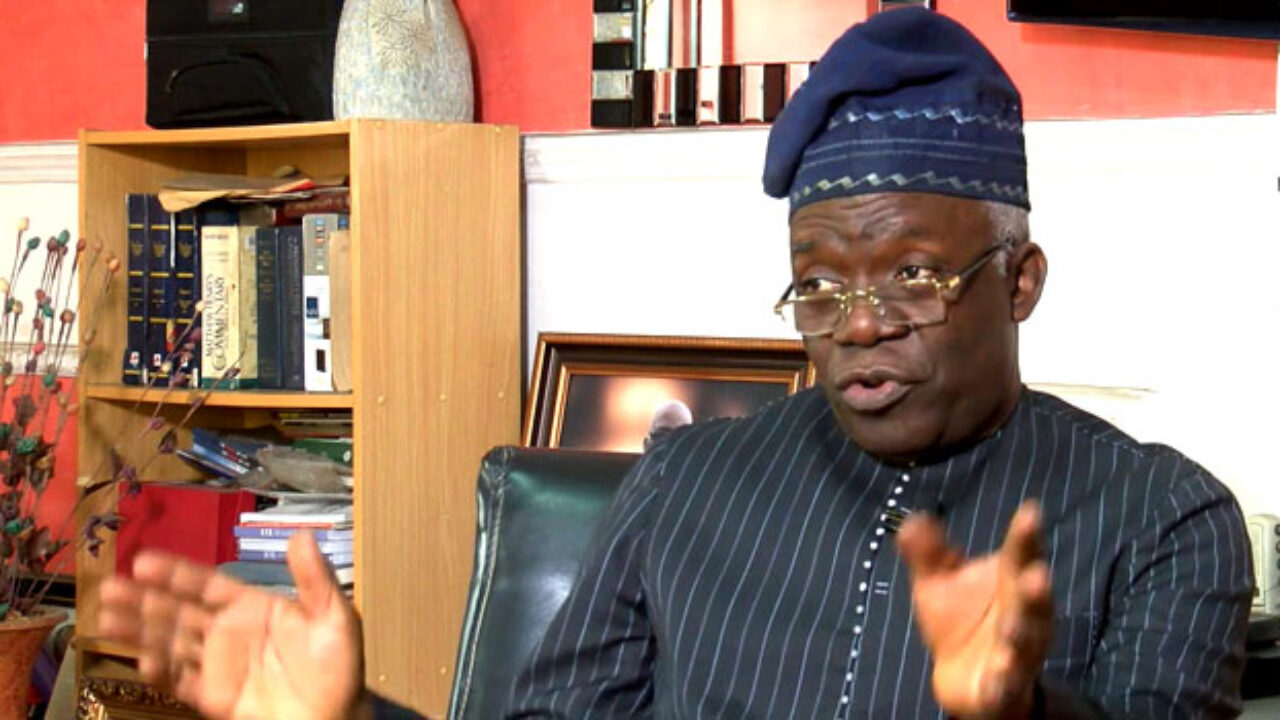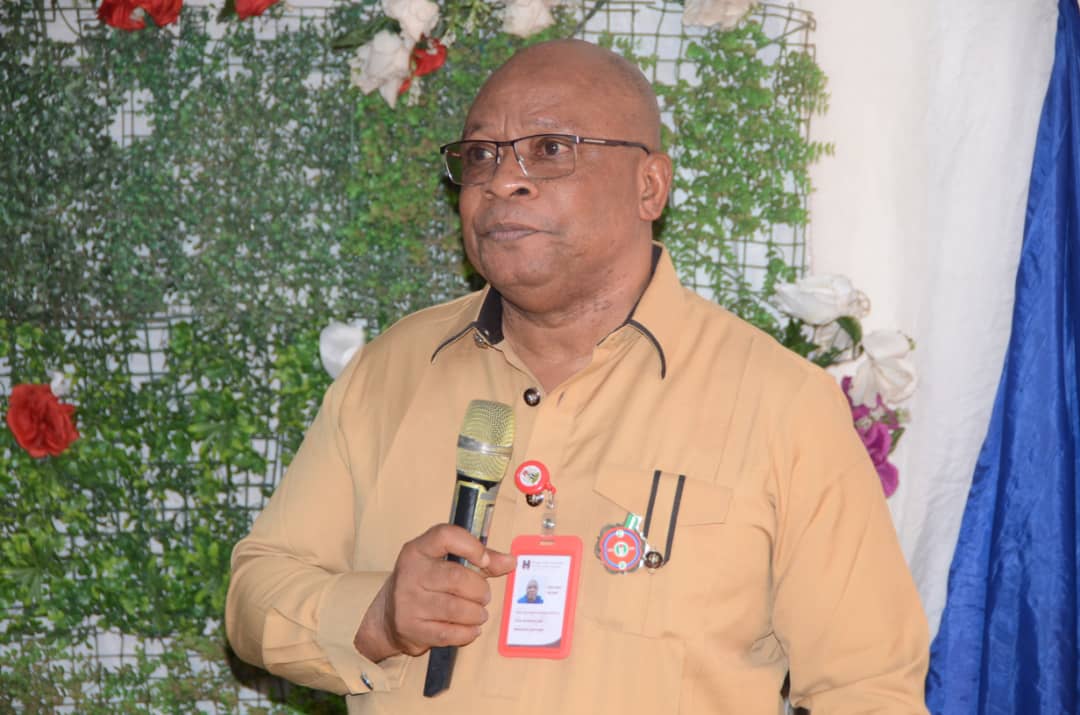Femi Falana, a prominent human rights advocate and lawyer, has brought to light a startling revelation during a recent discussion on Channel TV. According to Falana, an estimated $9 billion worth of gold is being illegally siphoned out of Nigeria each year, perpetuating a systemic cycle of economic deprivation for the country.
During the discussion, Falana shared a poignant anecdote that underscored the egregious nature of this illegal trade. He narrated the story of a farmer who was forcefully driven off his land by a company involved in the gold extraction business. The farmer was offered a mere ₦150,000 (approximately $365) as compensation for his displacement.
Undeterred, the farmer and his legal team pursued justice through the court system. The court ruled in their favor, awarding a significant sum of ₦250 million (approximately $610,000) in compensation for the farmer’s losses and the company’s wrongful actions. However, what came to light after the case was even more alarming.
Falana revealed that post-judgment investigations unveiled a distressing reality: the offending company stood to profit an astonishing $500 million over the span of just five years, despite the court’s ruling. This revelation casts a stark light on the stark imbalance between the compensation awarded to victims and the potential gains enjoyed by those perpetrating such illegal operations.
The illegal gold trade not only robs individual landowners of their rights and livelihoods but also drains the Nigerian economy of substantial resources. The $9 billion annual loss contributes to a vicious cycle of economic inequality and stifled development. This issue also raises concerns about the lack of regulatory oversight and enforcement mechanisms to combat such illicit activities.
Falana’s disclosure serves as a clarion call for greater transparency, accountability, and regulatory measures within Nigeria’s natural resource sector. The exploitation of the country’s resources at the expense of its citizens underscores the urgent need for comprehensive reform to ensure that these valuable assets contribute to the nation’s growth and prosperity.
As public discourse intensifies around these revelations, the Nigerian government, civil society organizations, and international stakeholders are prompted to collaborate in devising robust strategies to curb illegal gold smuggling, protect the rights of local communities, and channel the rightful benefits of these resources toward national development. The tale of the farmer and the multi-million-dollar windfall of an illicit enterprise stand as a stark reminder of the challenges that Nigeria must confront to secure its economic future and social justice.




